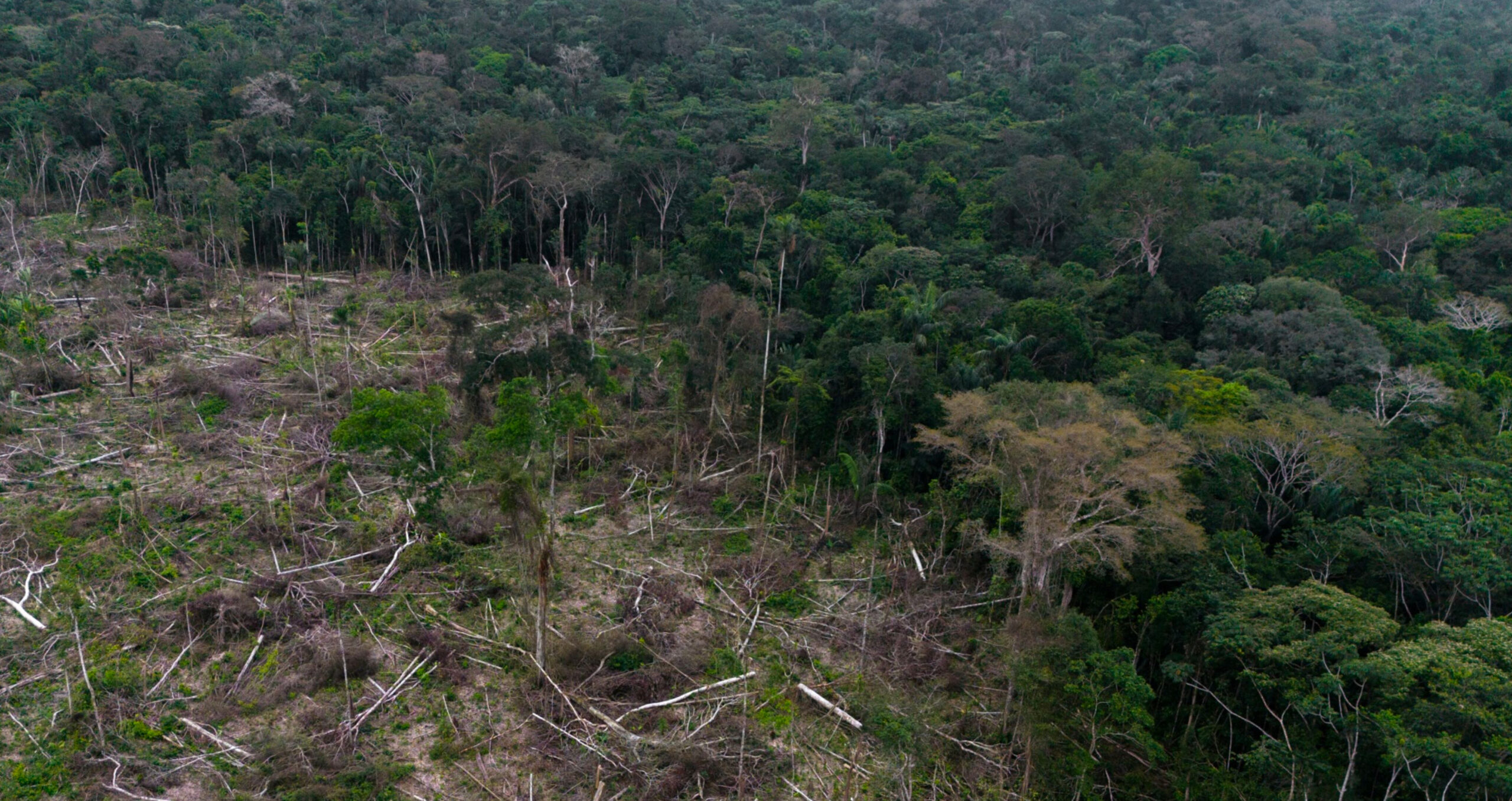

The cross-party environmental audit committee has published a report urging greater action from the government to tackle global deforestation
The UK is the 15th largest contributor to tropical deforestation globally – but “from a ‘whole supply chain’ (consumption) perspective” its deforestation intensity exceeds that of China’s, according to a report by the UK parliament’s environmental audit committee.
The EAC, which cites evidence submitted by the University of York, is calling for urgent government action to reduce this impact on the world’s forests. Though policymakers are taking action against deforestation – which is responsible for 11 per cent of global carbon emissions – the UK needs to go both further and faster, says the EAC.
In 2023, the EU agreed its Deforestation Regulation compelling companies that sell certain commodities into the bloc to prove these do not come from recently deforested land and have not contributed to forest degradation.
While the UK government pledged in the Environment Act 2021 to establish a framework mandating forest-based commodities to be certified as “sustainable” before being sold into the country, the EAC says there is a “seeming lack of urgency about the implementation of this regime, given global commitments to halt and reverse current deforestation trends by 2030”.
The committee welcomed the government’s announcement at COP28 that cattle products (excluding dairy), cocoa, palm oil and soy would be the first four products covered by the regime. However, it noted that no timeline has yet been proposed for a framework to ensure forest-based commodities are sustainable, and also criticised the government’s phased approach towards the inclusion of products.
Companies are facing increasing scrutiny over their impact on forests. The non-profit Anthropocene Fixed Income Institute is urging McDonald’s investors to engage more heavily with the fast-food multinational over its imports from “high-risk countries”, warning that investors’ exposure to deforestation through McDonald’s may be increasing. The institute also questions McDonald’s aim to eliminate deforestation from its supply chains by 2030, as this lags the EU Deforestation Regulation by five years.
“There is no guarantee that the company will require its suppliers to comply with EUDR before 2030,” says the Anthropocene Fixed Income Institute. McDonald’s has been contacted for comment.
A UK government spokesperson said in a statement: “The UK is leading the way globally with new legislation to tackle illegal deforestation to make sure we rid UK supply chains of products contributing to the destruction of these vital habitats. This legislation has already been introduced through the Environment Act and is just one of many measures to halt and reverse global forest loss.”
You can read the report here.
Similar Articles

Critical mineral mining investment must reach $800bn by 2040 to hold warming at 1.5C, says IEA

UK government may lack data to monitor biodiversity net gain policy, warns watchdog


